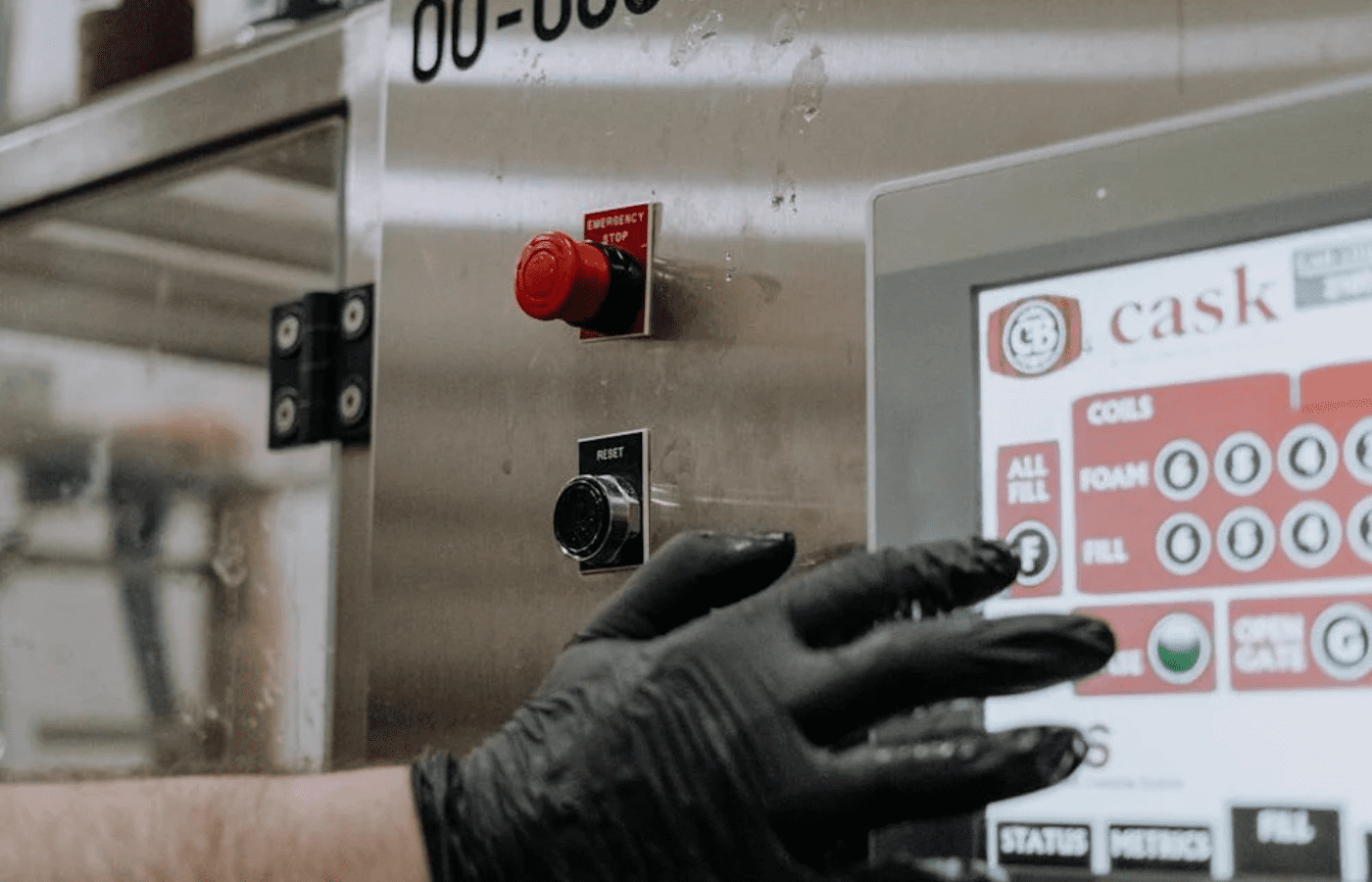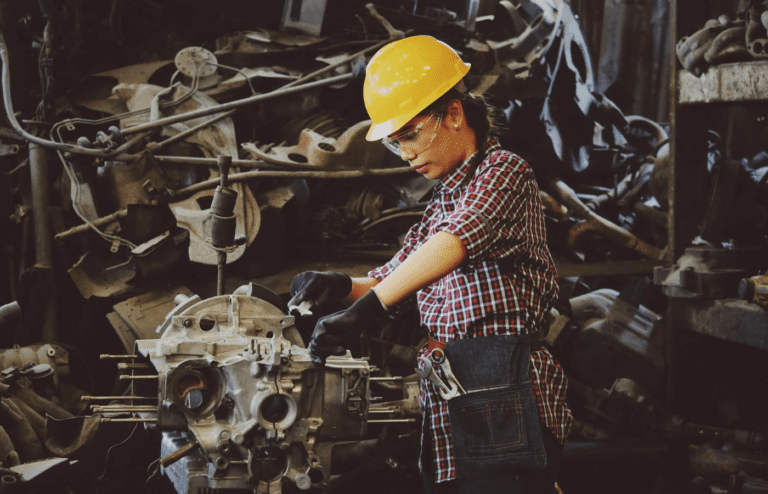Today’s factory floor looks nothing like it did a decade ago. Thanks to automation, manufacturing is faster, safer, and more efficient than ever before. But it’s also changing how people work—and what kind of work is needed.
Here are 10 powerful ways automation is completely reshaping global manufacturing. These shifts change everything from how companies build products to how factories operate.
1. Robots Are Replacing Repetitive Labor
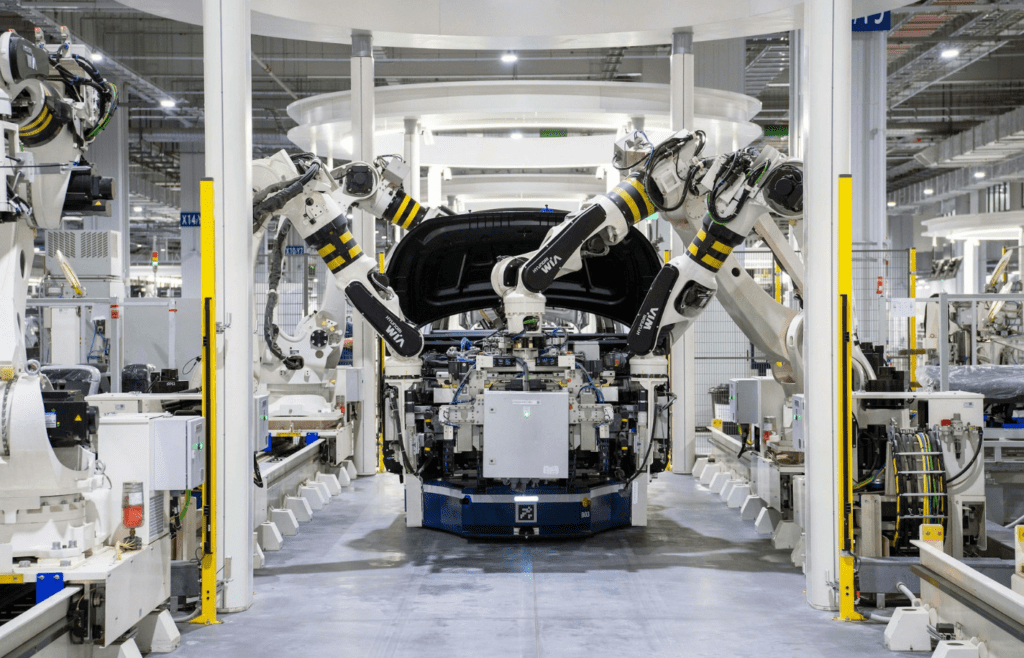
Industrial robots now handle repetitive, high-precision tasks like welding, sorting, and packaging. They don’t get tired, and they work 24/7.
2. Smart Factories Are Becoming the Norm
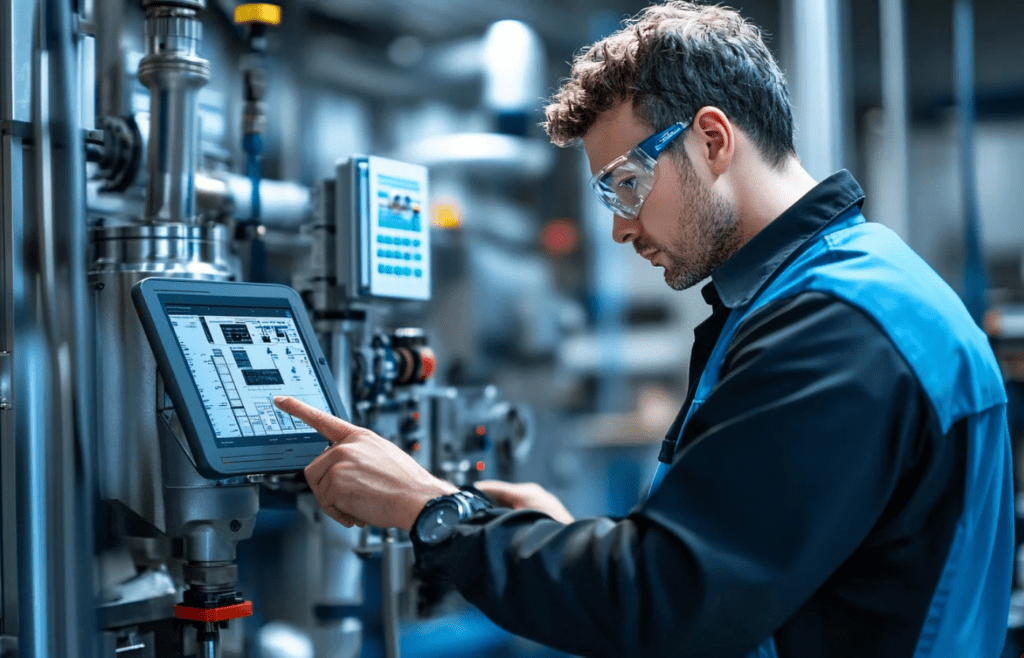
Sensors and software continuously monitor everything, from equipment performance to product quality. This allows manufacturers to make instant adjustments and prevent breakdowns.
3. AI Is Optimizing Production Schedules

Artificial intelligence can analyze supply chains and demand forecasts to create smarter, faster manufacturing schedules that reduce waste and downtime.
4. Cobots Are Teaming Up with Workers
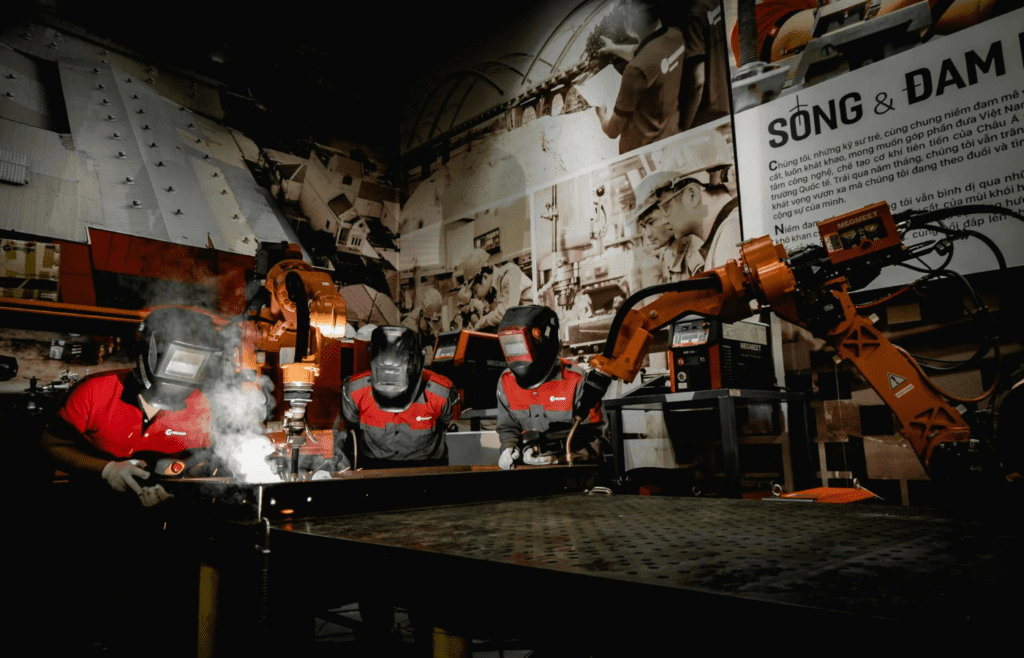
Collaborative robots (cobots) work safely alongside humans, boosting productivity while supporting—not replacing—human jobs. They help smaller manufacturers stay competitive and efficient.
5. Automated Quality Control Is Reducing Errors
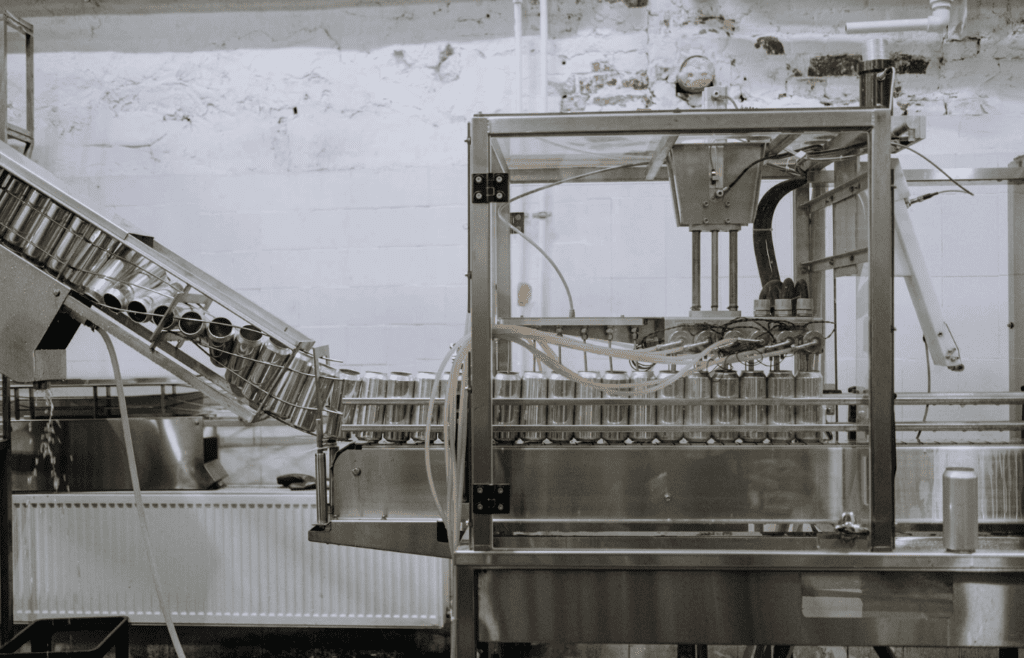
Cameras and machine learning spot defects faster and more accurately than the human eye. That means better products and less waste.
6. 3D Printing Is Creating Custom Parts on Demand
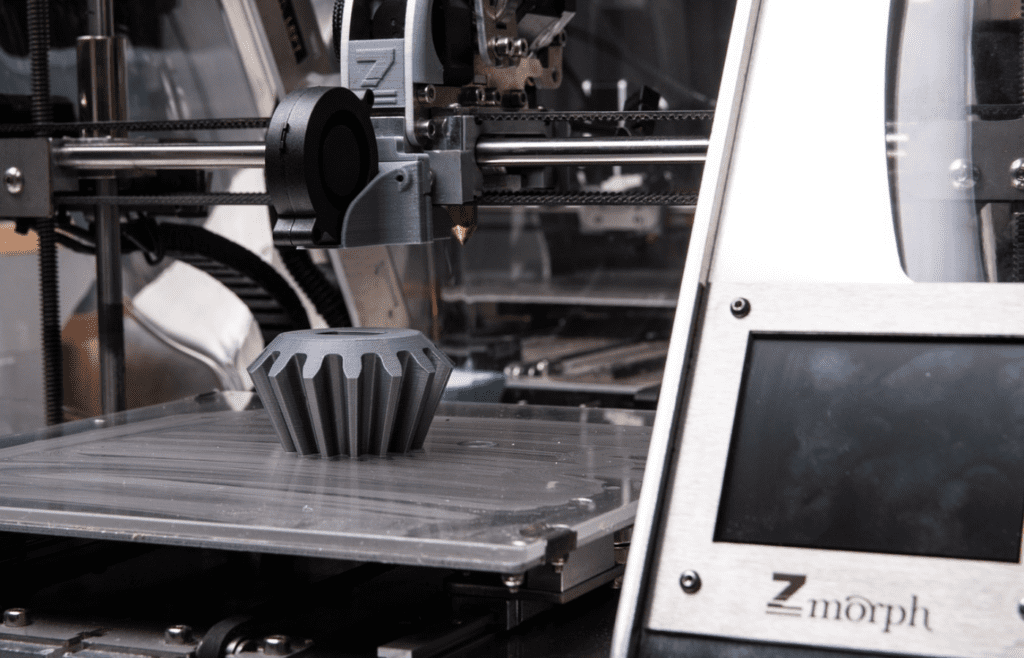
Automation and additive manufacturing allow factories to make complex parts quickly—without waiting for molds or tooling.
7. Predictive Maintenance Is Preventing Downtime
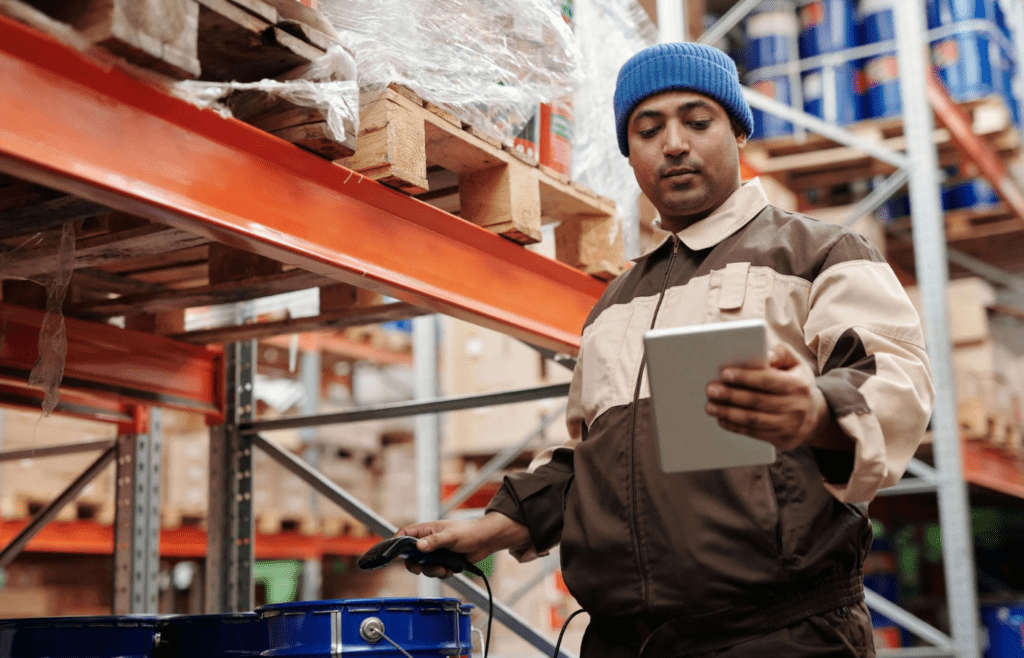
Machines now tell you when they’re about to break down. With sensors and predictive software, companies can fix problems before they become disasters.
8. Warehouse Automation Speeds Up Logistics
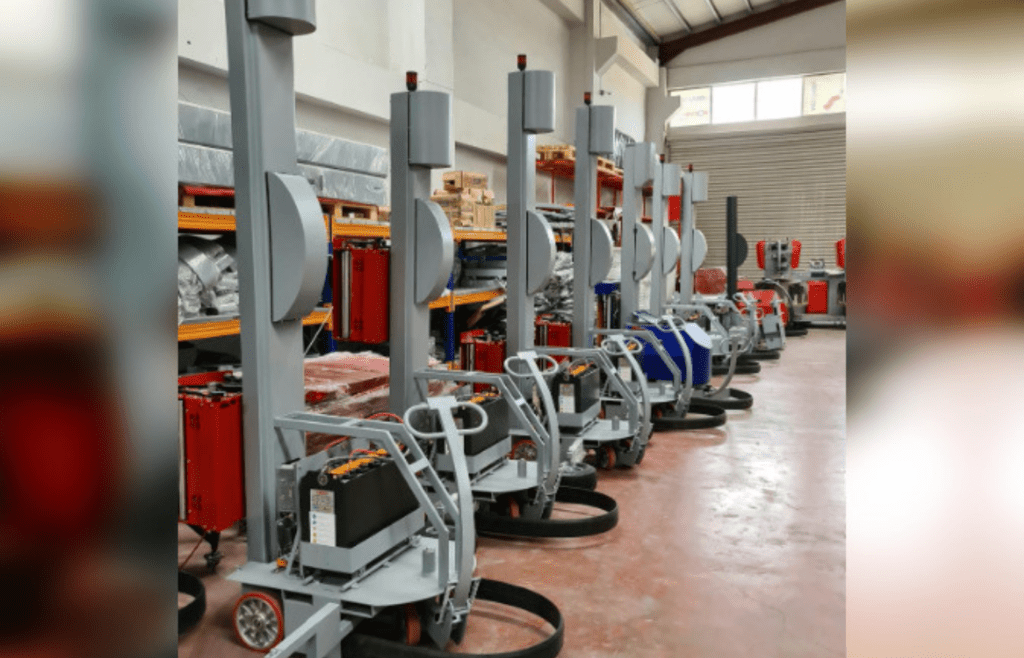
From robotic forklifts to automated storage systems, smart warehouses now move and manage inventory faster, more accurately, and with fewer workers.
Read More: These 30 Cars Do Not Hold Their Value
9. Supply Chains Are Becoming More Responsive

Automated systems track inventory, shipments, and delays as they happen, allowing companies to adjust instantly to changes in demand or disruptions.
Read More: Small Business Ideas To Capitalize On The “Made-in-USA” Demand
10. Humans Are Taking on Higher-Skill Roles
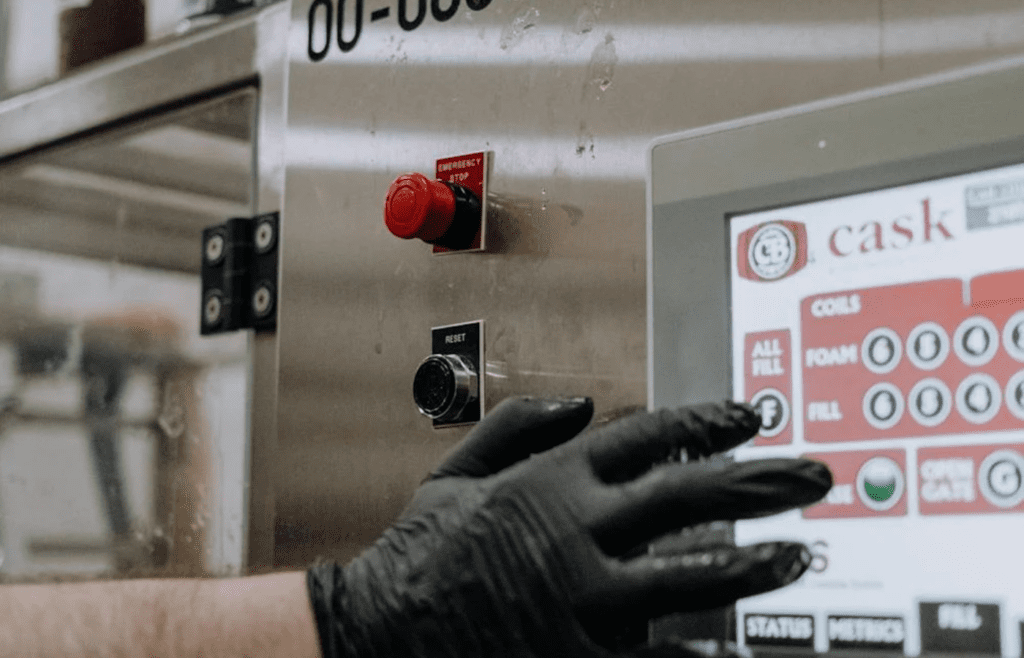
As machines take over physical tasks, people are shifting into roles requiring tech skills, problem-solving, and innovation, reshaping manufacturing careers.
Automation is improving and reinventing factories. The companies that adapt fastest are shaping the future of the global industry.
Read More: The 14 Best Fashion Brands That Are Affordable and Ethical

